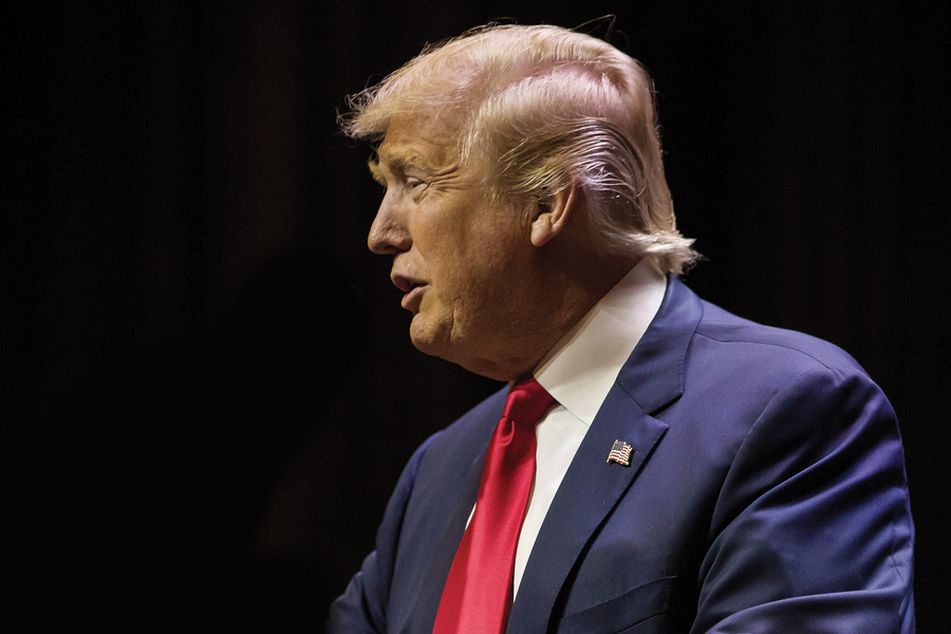Why one adviser went all-in on ESG when Donald Trump became president
 1
1
Jeffrey Gitterman saw an opportunity to convert his business to 100% ESG as clients reacted to the 2016 election with dismay.
Three years ago, when Jeffrey Gitterman transitioned his $120 million advisory firm to be 100% focused on ESG investing, he said the key to getting clients on board was in the explanation.
Even though he admits that the Gitterman Wealth Management client base made up mostly of college professors was not a tough ESG sell, he wanted clients to focus on the investment advantages of incorporating environmental, social and governance issues when building their portfolios.
“I moved $120 million in 18 months and didn’t have any clients say ‘no,’” Mr. Gitterman said Thursday at the United Nations in New York, where he was presenting as part of the InvestmentNews ESG & Impact Investing Forum.
Mr. Gitterman, co-founder and partner of the Edison, N.J.-based advisory firm, equates ESG investing to the GPS systems that have supplanted the old paper road maps that people used to rely on when driving cross country.
“ESG is the GPS of investing,” he said. “It’s a richer data set about companies that we’re investing in, and if you’re a fiduciary today you have to be looking at it.”
He said the “trigger” for his transition to become a fully ESG advisory firm was the 2016 election of President Donald J. Trump.
“I had clients calling up crying after the election thinking that the world was going to end,” said Mr. Gitterman, who used that emotion and mood to steer his client base toward what he sees as a way to have a positive impact on the world.
While Mr. Gitterman admits he is used to extreme emotions surrounding the presidential election as a trigger to transition to go fully ESG, it is the unemotional hard data that keeps him focused on this space.
On the issue climate-related risks facing companies, for example, he cited the current challenges facing the reinsurance industry to try and reduce its exposure to natural disasters.
“Find me one reinsurance company that’s not hedging climate-related risks,” he said. “It doesn’t matter if you believe the science on climate change or if you believe it’s man-made; just look at the numbers. The business opportunity is huge and it’s the right thing for the planet.”
Beware of ‘greenwashing’
But just as Mr. Gitterman sees an opportunity for advisers to gain market share by tapping into the fast-growing ESG space, he warns against being lured by “greenwashed” investment opportunities that might be ESG in name only.
“We have a 32-page due diligence questionnaire,” he said, adding that the first place to start for any potential ESG investment is the prospectus to identify the ESG data guidelines.
“You can almost knock people out of the box by checking their data provider,” he said. “We ask if they have the data and what are they doing with it.”
[Recommended video: 2020 adviser outlook: Focus on managing client expectations]
True ESG investments, Mr. Gitterman believes, should be part of the corporate culture.
“The first thing we do is meet with the company’s ESG team, because I want to know what they’re doing and where they sit at the company,” he said. “Sometimes there is no ESG team, which is pretty telling.”
In addition to helping the world and pleasing his clients, Mr. Gitterman expects the ESG focus to add strength and longevity to his advisory firm.
“If you want to attract good talent you will have to offer ESG and sustainable programs at your firm,” he said. “In the next five years we’ll see the effects of climate change exasperated every single year, and clients will come asking if their portfolio will survive.”
Learn more about reprints and licensing for this article.








